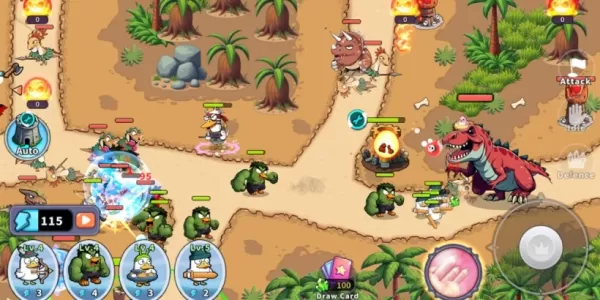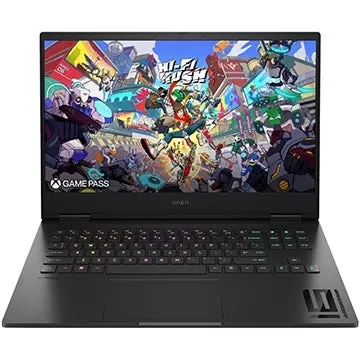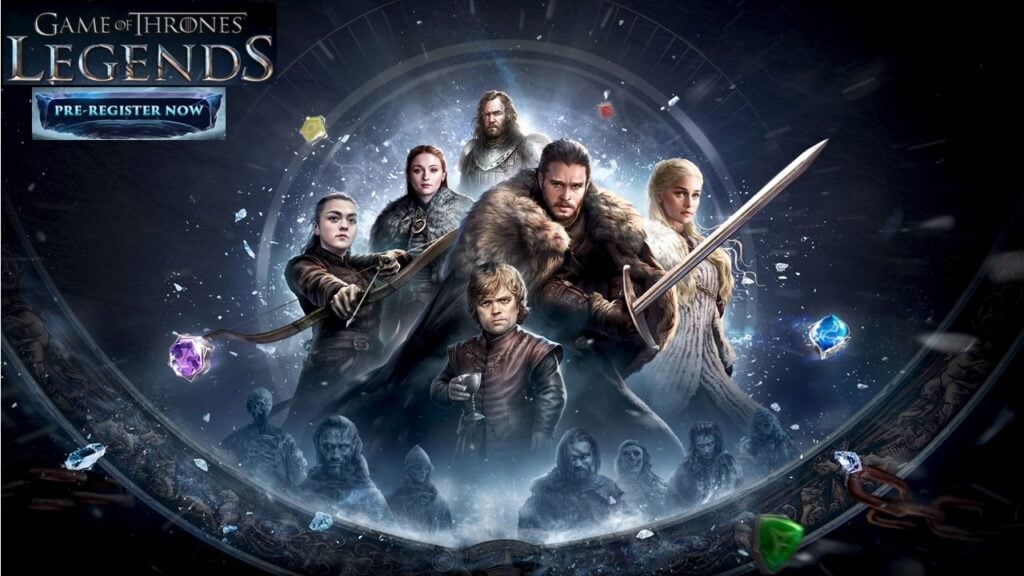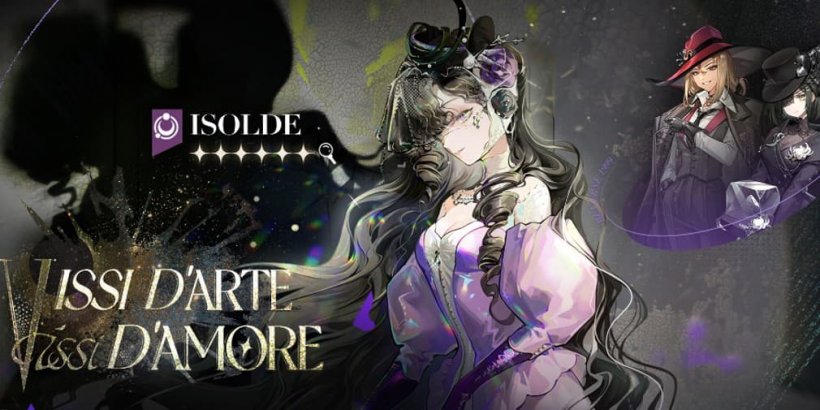What Are Meta-Horror Games and Why Are They So Unique?
- By Aria
- Feb 27,2025
The evolution of horror games presents a fascinating challenge: how to consistently create tension and fear in a genre where familiar mechanics quickly become predictable. While innovative titles emerge occasionally, they remain rare gems. This article explores a specific subgenre—let's call it "meta-horror"—defined by its unique interaction with the player, blurring the lines between game and reality.
Meta-horror games break the fourth wall, engaging not just with the game's world and characters, but directly with the player themselves. This interaction, when executed effectively, elevates a game from good to truly exceptional. Many players who've experienced these games recall a sense of wonder and unease.
Early examples, like Psycho Mantis in Metal Gear Solid (1998), were groundbreaking. The boss's ability to interact with the player's controller, revealing their saved games, was revolutionary for its time. While this technique has been replicated in games like Deadpool, Detroit: Become Human, and Nier: Automata, it often lacks the depth and integration found in true meta-horror experiences. Simple fourth-wall breaks are often just a bonus feature.
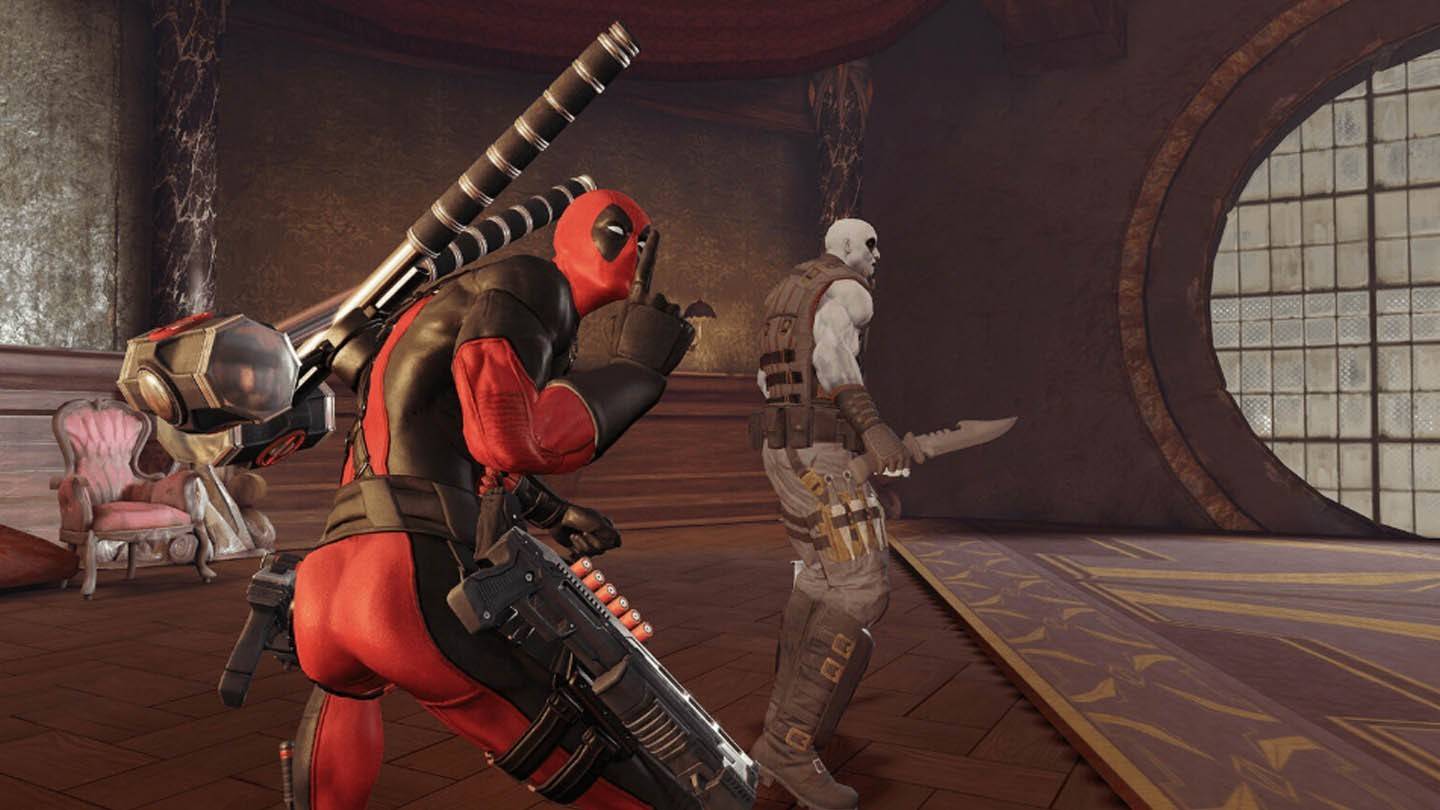 Image: reddit.com
Image: reddit.com
More recent examples, like Miside, while labeled as having "elements of meta-horror," often fall short, relying primarily on simple player interaction within a complex "game within a game" structure. This warrants further discussion in a future article.
Let's delve into some standout examples of meta-horror:
Doki Doki Literature Club!
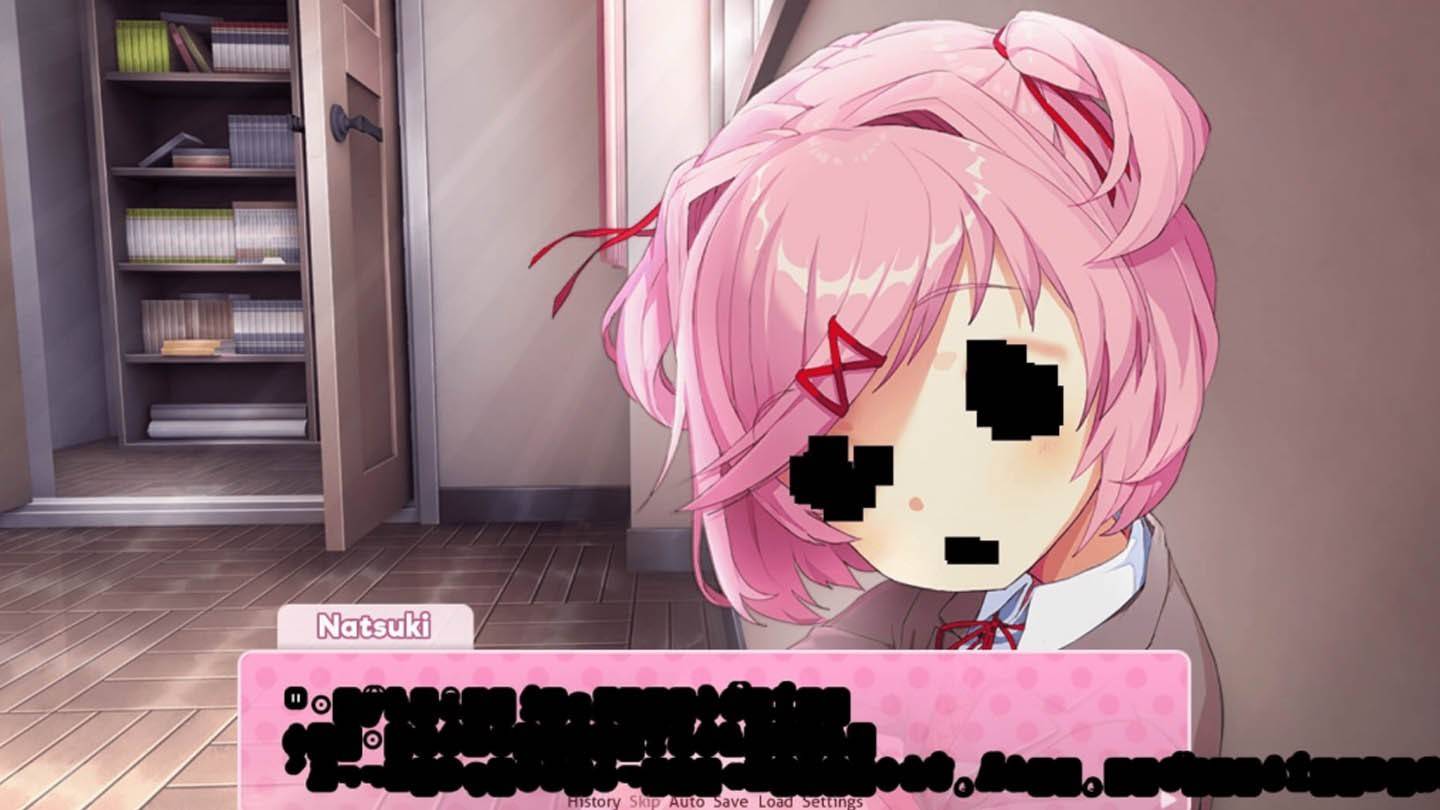 Image: reddit.com
Image: reddit.com
This 2017 visual novel initially presents as a charming dating sim, but its dark twist and meta-horror elements quickly become apparent. The game goes beyond simple address, accessing your operating system username and creating files that are both narrative devices and gameplay mechanics. Its innovative approach garnered a large following, solidifying its place in the meta-horror landscape.
OneShot
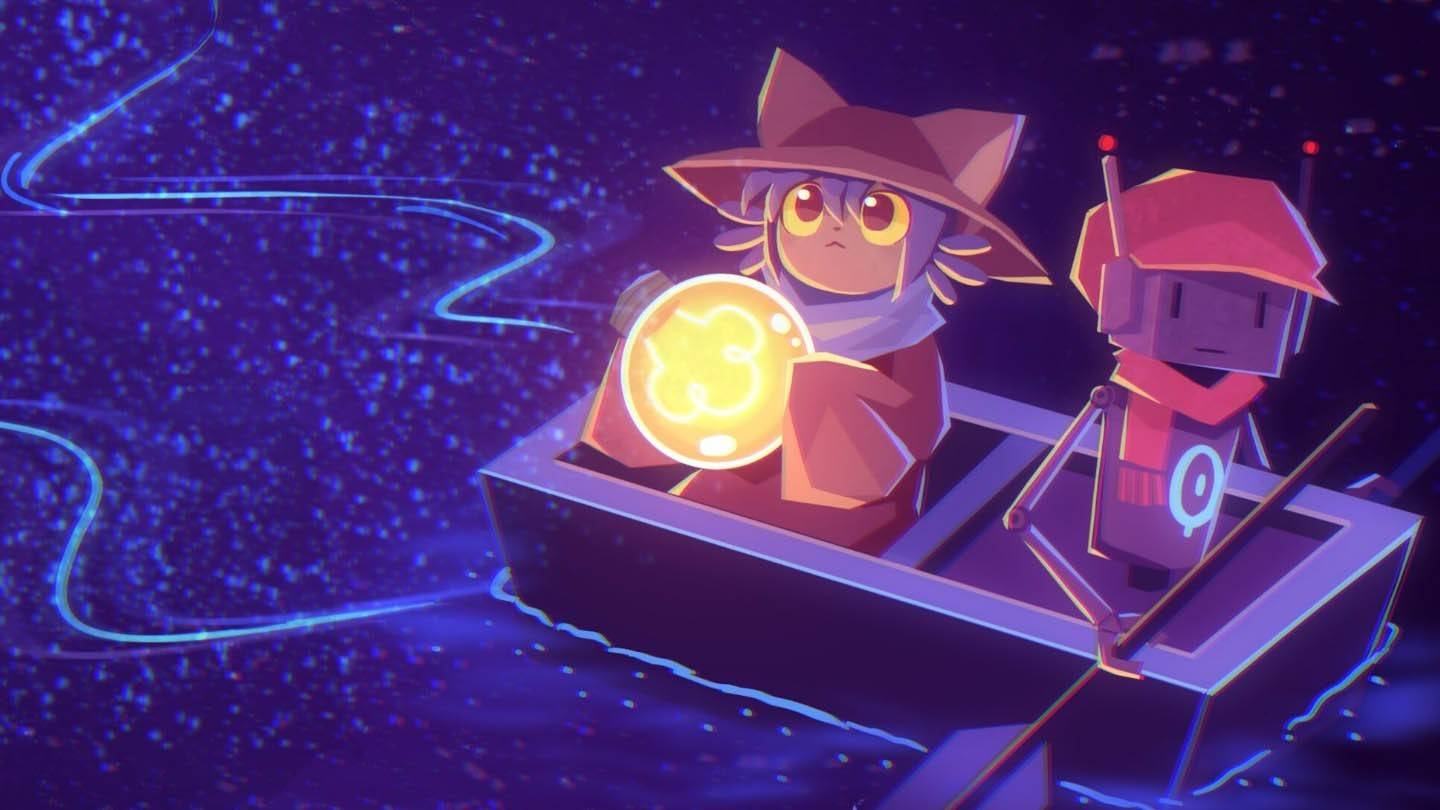 Image: reddit.com
Image: reddit.com
This RPG Maker adventure takes meta-horror further. While not explicitly marketed as horror, it incorporates unsettling elements. The game directly addresses the player through system windows, creates files, and alters its own title—all integral parts of the gameplay. Unlike DDLC, OneShot fully integrates these interactions, creating a memorable and engaging experience.
IMSCARED
 Image: reddit.com
Image: reddit.com
IMSCARED is arguably the pinnacle of meta-horror. It's a game that considers itself less a game and more a self-aware entity, a virus interacting with the player. This concept drives the gameplay, manipulating the player through crashes, window minimizations, cursor control, and file creation/deletion. While some may perceive such actions as potentially malicious, reputable meta-horror games are not inherently harmful. IMSCARED explicitly addresses potential antivirus flags upon launch.
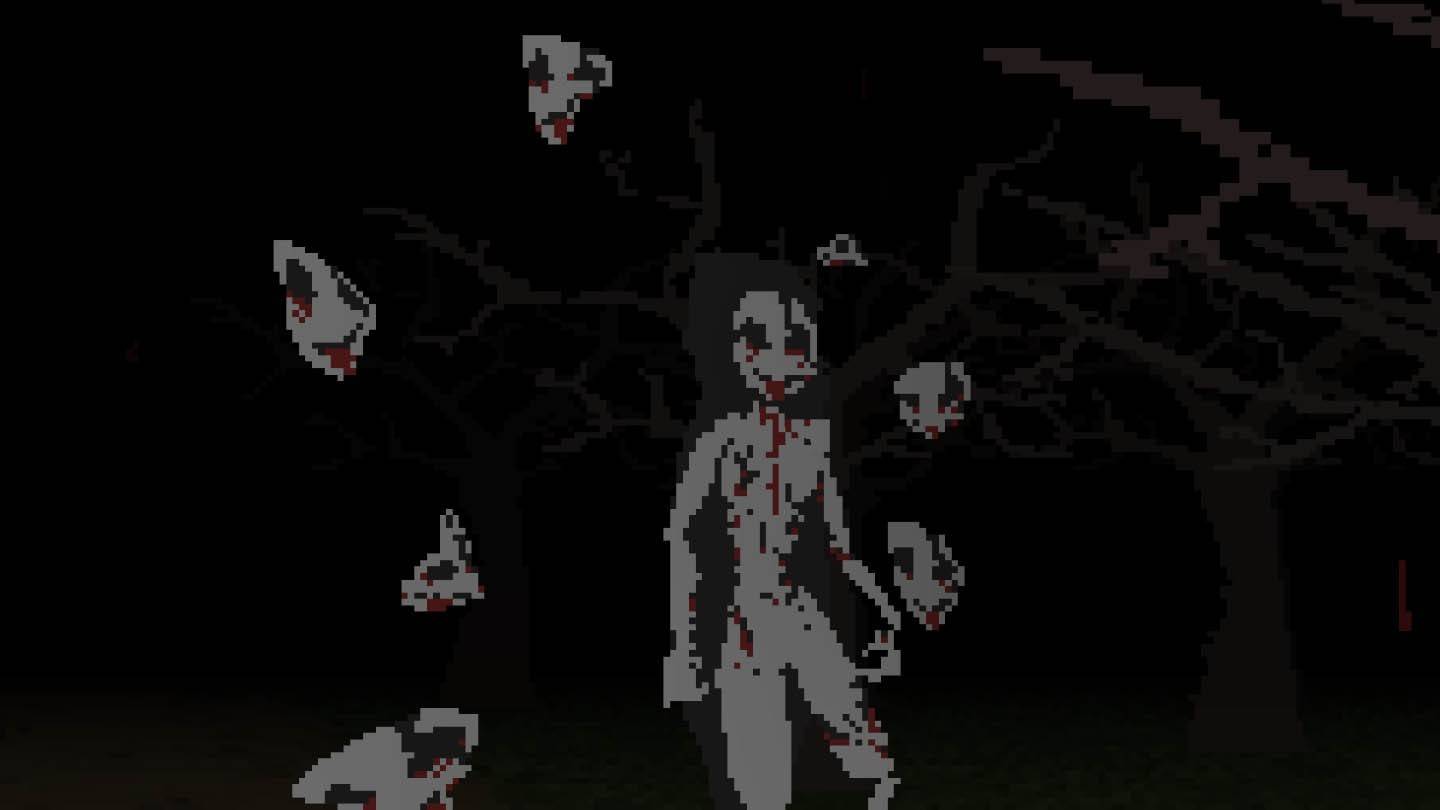 Image: reddit.com
Image: reddit.com
Released in 2012 and updated since, IMSCARED remains a chilling experience, not just through visuals but through its direct manipulation of the player's system.
Conclusion
While many games utilize similar techniques, few master them as effectively as these titles. Meta-horror provides a unique and unsettling gaming experience. Whether you prefer visual novels, puzzle-solving adventures, or a truly unnerving experience, there's a meta-horror game out there for you. For those seeking additional options, Voices of the Void offers a different take on the genre.
